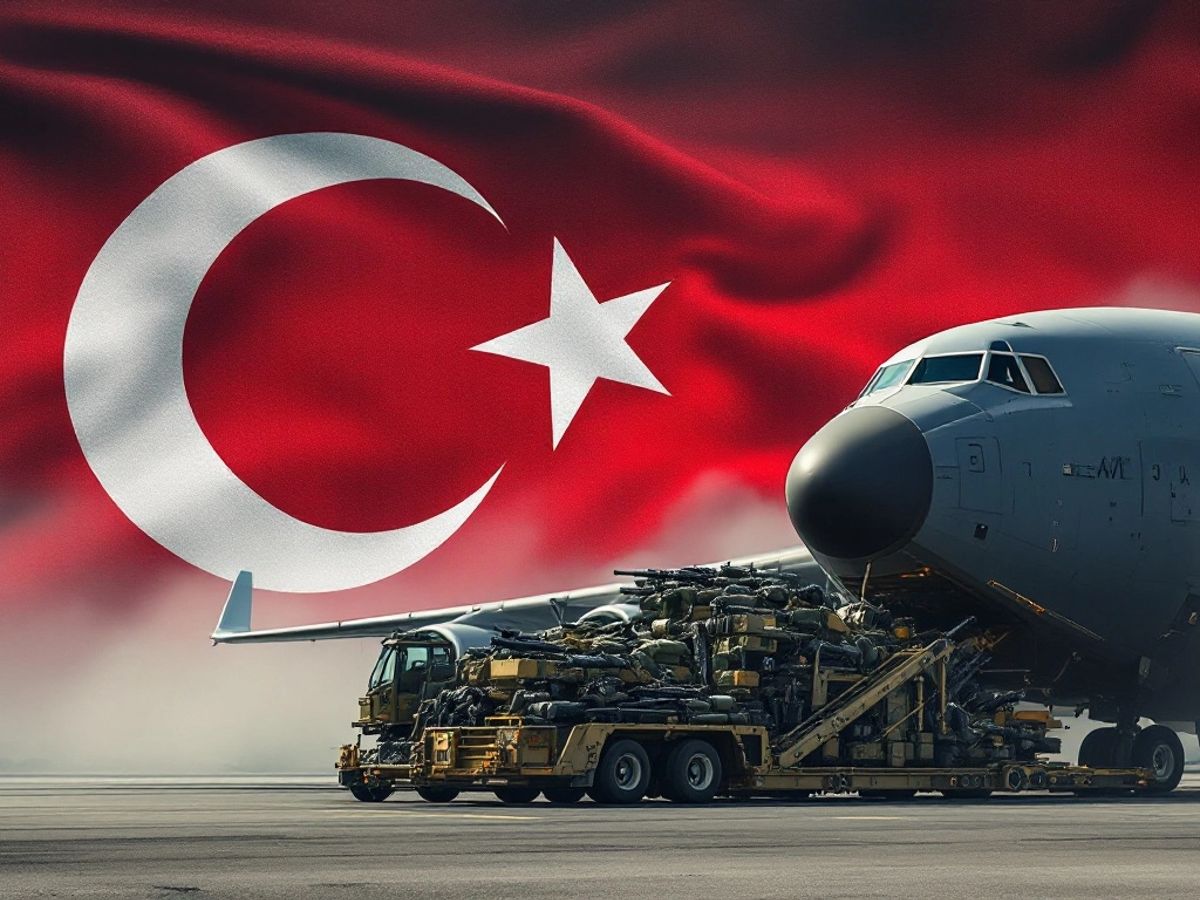Germany has recently approved its first large-scale arms export to Turkey in years, marking a significant shift in its defense policy. The Federal Security Council authorized arms sales worth approximately 336 million euros, including air defense missiles and torpedoes for the Turkish Navy, amidst ongoing scrutiny of Turkey’s geopolitical actions.
Key Takeaways
- Germany’s Federal Security Council greenlights arms exports to Turkey worth 336 million euros.
- The deal includes 100 air defense missiles and torpedoes for the Turkish Navy.
- This marks a significant policy shift under the current coalition government.
- Previous arms exports to Turkey were heavily restricted due to concerns over its leadership and military actions.
Overview of The Arms Deal
The approved arms exports consist of:
- 100 Guided Missiles: Designed for naval air defense, valued at around 100 million euros.
- 28 SeaHake Torpedoes: Intended for the Turkish Navy, with a total value of 156 million euros.
- Modernization Packages: Large material packages aimed at upgrading Turkish submarines and frigates, contributing to the total arms deal value of approximately 336 million euros.
This decision comes as Germany’s coalition government, comprising the Social Democratic Party (SPD), the Greens, and the Free Democratic Party (FDP), reassesses its defense relationships, particularly with NATO allies.
Historical Context
In recent years, Germany had significantly curtailed arms exports to Turkey, viewing it as a problematic ally due to:
- President Recep Tayyip Erdoğan’s autocratic governance.
- Turkey’s military actions against Kurdish populations.
- Support for Hamas amid ongoing conflicts in the region.
In 2023, Germany approved only 17 arms export applications to Turkey, totaling a mere 1.22 million euros. This trend continued into early 2024, with only 23 million euros worth of arms exports authorized in the first quarter.
Implications of The Policy Shift
The renewed arms cooperation between Germany and Turkey raises several concerns:
- Geopolitical Dynamics: The arms deal could alter the balance of power in the region, especially given Turkey’s military actions in northern Syria and Iraq, which have led to significant civilian displacement and casualties.
- Ethical Considerations: Critics argue that resuming arms sales to Turkey contradicts Germany’s commitment to human rights, especially in light of Turkey’s controversial military operations.
- Migration Negotiations: The arms deal coincides with ongoing negotiations between German Chancellor Olaf Scholz and Erdoğan regarding migration policies, including expedited deportations of migrants from Germany to Turkey.
Conclusion
Germany’s decision to approve large-scale arms exports to Turkey marks a notable shift in its defense policy, reflecting a complex interplay of security cooperation and ethical concerns. As the geopolitical landscape evolves, the implications of this arms deal will likely resonate beyond the immediate military context, influencing both domestic and international relations.





